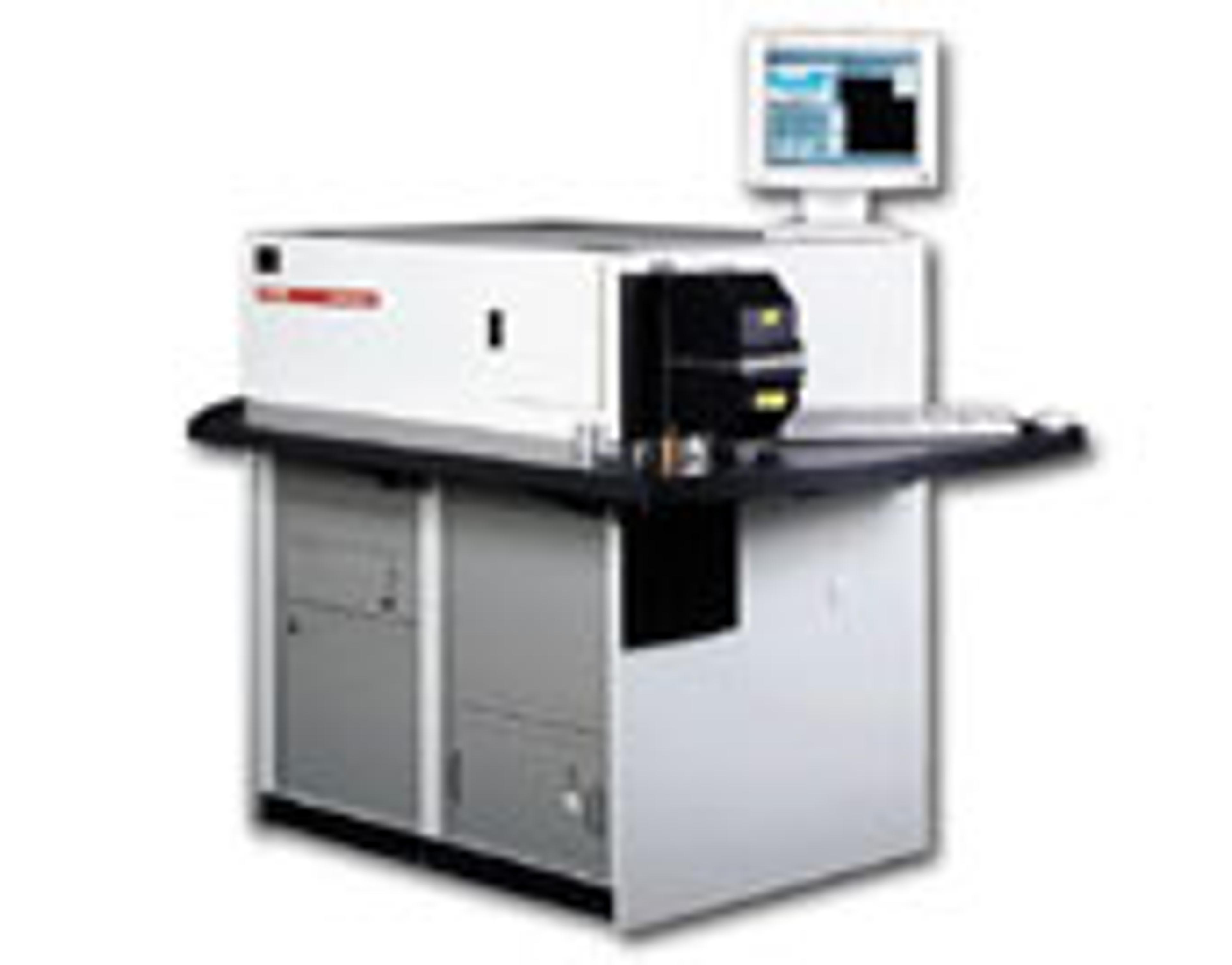Thermo Fisher Scientific Enables Reliable Biodiesel Analysis Using the Radial Plasma View iCAP 6000 Series ICP Emission Spectrometers
7 Oct 2008Thermo Fisher Scientific Inc., the world leader in serving science, has incorporated unique capabilities in the iCAP 6000 Series of ICP emission spectrometers to achieve dependable monitoring of elemental contaminants in biodiesel. The dedicated radial plasma view configuration of the system provides enhanced analytical capabilities for important elements such as sulfur and phosphorus while the enhanced matrix tolerance (EMT) torch and swing frequency RF generator easily handle organic matrix samples and ensures improved stability.
The vast majority of biodiesel production plants currently use plant oils as a starting material for production. However, these plants usually have relatively high phosphorous content which is undesirable in fuels as it can lead to the corrosion of mechanical components of engines. Sulfur also affects engine wear if present in excess concentrations in the starting materials and causes environmentally harmful sulfur dioxide emissions. EN 14214 and ASTM D6751 standards have been introduced specifying the requirements for biodiesel and its analysis. These documents require that the concentrations of elemental contaminants in biodiesel are regularly monitored and specify the method for its analysis, to ensure optimum engine performance and reduce environmental impact. This is especially important in the aviation industry- one of the predicted growth areas of biodiesel, where the first commercial airline flight using biofuel took place in February 2008.
Traditionally, axial view ICPs have been the configuration of choice for ICP emission spectrometers used to perform biodiesel analyses because of their perceived lower detection limits. Owing to the robust nature of its dedicated radial view plasma and the elimination of carbon-based emission interferences associated with the axial view configuration, the Thermo Scientific iCAP 6000 Series radial view is the powerful alternative, considerably increasing analytical sensitivity for important elements like phosphorus and sulfur. This configuration demonstrates improved detection limits for lower concentrations of samples, being capable of providing accurate, dependable analysis of phosphorus, sulfur and potassium. This is a crucial benefit as, according to the regulations, detection limits must be ten times below the regulated concentration levels to provide sufficient margin to ensure a sensitive measurement.
Additionally, the iCAP 6000 Series ICP emission spectrometers have full wavelength coverage from 166 to 847 nm with full frame capability, offering full spectrum trend analysis and contamination identification between batches of biodiesel produced. Their advanced optical design enables improved resolution and detection limits. The systems are fitted with a 4th generation CID detector, which offers a wide dynamic range, resistance to saturation and greater detection capability. The iCAP 6000 Series incorporates fully automated wavelength calibration and offset correction capabilities for excellent long term stability. The instrument’s distributed purge system offers reduced gas consumption and improved performance for elements such as sulfur and phosphorus which emit light in the UV region of the spectrum. The ergonomic design of the spectrometers with a large, wide-opening door enables easy access to the sample compartment and peristaltic pump, making routine maintenance simpler and quicker.

